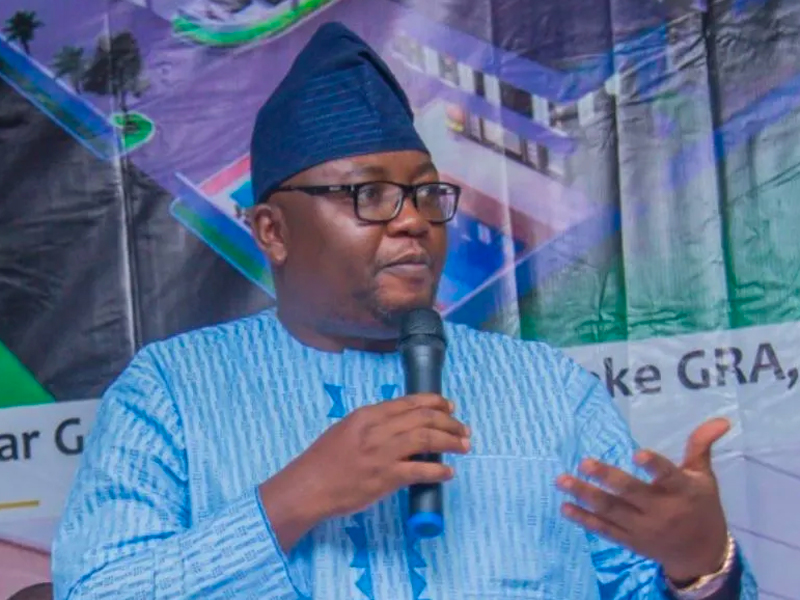Nigeria
FG and States Raise N100bn for Meter Procurement

The Federal Government, in collaboration with state governments, has secured N100 billion to accelerate the procurement and distribution of electricity meters across the country, aiming to improve power supply and billing accuracy.
N100bn has been raised by the Federal Government and states for acquiring prepaid electricity meters.
Under the Presidential Meter Initiative programme, Minister of Power Adebayo Adelabu stated this.
Our correspondent monitored Adelabu’s address to broadcasters in Ibadan, the Oyo State capital where he made this disclosure.
Various initiatives have been adopted by President Bola Tinubu’s administration to bridge the meter gap in Nigeria, as stated by him.
He emphasized that implementing metering would increase transparency and prevent customers from withholding payment due to their belief of being cheated by power distribution companies through estimated billing.
Adelabu explained that in Nigeria, despite having 12 million electricity customers, only slightly over five million are metered. A staggering seven million meter gap exists today and Adelabu attributed this to self-inflicted problems.
He spoke about the governmental measures taken to resolve the meter gap and stated, “The Presidential Meter Initiative was established by Mr President along with a council specifically created for this issue. I have been appointed as its chairman while the SA on Energy to Mr President acts as our secretary. Our mission is to purchase and install at least two million meters annually for five consecutive years.”
READ ALSO: Nigerian Govt Awards $21m Contract for Crude Oil Metering
“We have made significant strides in securing funds for this project through a collaboration of federal and state governments within the PMI. Recently, we obtained N100bn which will be channeled towards meter procurement.”
It was stated that the World Bank had made a decision to aid Nigeria’s distribution sector recovery programme by facilitating the acquisition of nearly two million meters within the next 24 months.
He revealed that the procurement of meters, which is in its final stages, will utilize $200m from the $500m DISREP fund.
The World Bank has already received contract awards, and they are now responsible for procuring the meters from both local and overseas suppliers due to our capacity requirements. While we do promote patronage of local manufacturers, it is vital that we also import cheaper materials from other clients. Furthermore, our assemblers assemble components such as completely knocked down (CKD) or semi-knocked down parts (SKD), in addition to supporting domestic production by encouraging local manufacturers.
He suggested that a mix of international and national competitive bidding would be used, with the arrival of meters expected before year-end.
He stated that the DisCos have been permitted to allow their consumers to purchase meters directly from suppliers, resulting in the liberalization of meter sales.
He admitted that due to fluctuating exchange rates, meters have become more expensive.
“The meter that was previously sold for N80,000 may now cost approximately N120,000. This reflects the current situation. The crucial concern at present is how to finance it,” he observed.
